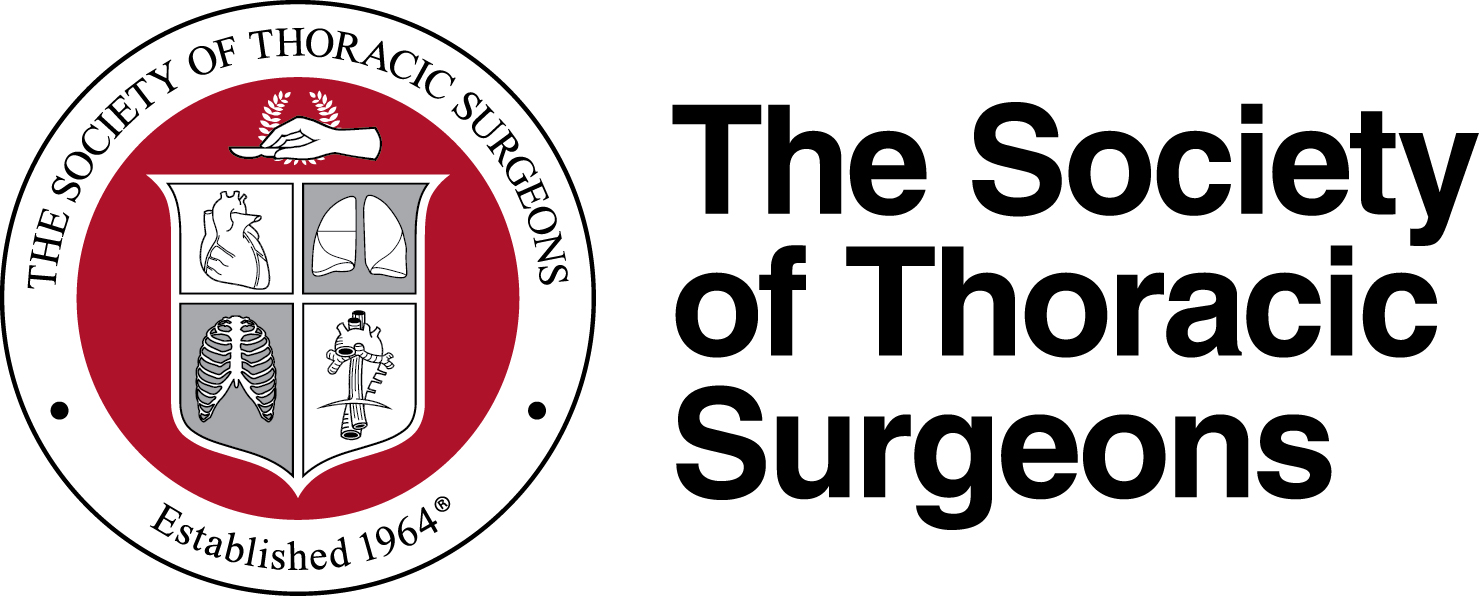By Robbin G. Cohen, MD, MMM, and Elizabeth A. David, MD, MAS
(originally published on The Patient Guide to Heart, Lung, and Esophageal Surgery from The Society of Thoracic Surgeons)
Newswise — If you or a loved one just had a scheduled cardiac or thoracic operation postponed because of the coronavirus (COVID-19) pandemic, you are not alone.
Thousands of elective and semi-elective surgical procedures at most hospitals throughout the United States and the world have been put on hold until it is deemed safe to resume even limited surgical schedules. This policy, which is the recommendation of the US Surgeon General under the guidance of the American College of Surgeons (ACS), requires that physicians and their staff consider every patient individually in order to strike a balance between the risks of delaying surgery and the risks to both patients and hospital staff of performing the operation in the current environment.
ACS has provided guidelines for surgeons and other health care workers to use when determining who needs to have surgery sooner and who can wait until normal surgical schedules have resumed. In making these decisions, surgeons will consider the current condition of each patient, the potential for natural progression of each patient’s surgical disorder or disease while waiting, and the current capabilities of his/her surgical facility.
Given what has occurred in other countries, such as China and Italy, it also is crucial to reserve hospital resources such as ventilators and intensive care unit beds for critically ill COVID-19 patients and reduce health care worker exposure until the pandemic is better controlled. At the time of this writing, we have no way to estimate the duration of this disruption.
Cardiac and thoracic surgery have their own unique challenges when it comes to postponing surgical therapy. We especially don’t want to turn postponed elective or semi-elective operations into emergent ones that may carry greater risk or a lesser result. The common theme is that worsening symptoms should not be ignored and communication with your cardiologist and/or cardiothoracic surgeon will be essential as we cope with the challenges of COVID-19. Specific cardiothoracic diagnoses are considered below.
Coronary Artery Disease
If you or a loved one have been sent home after a coronary angiogram with a diagnosis of severe coronary artery disease in need of coronary artery bypass grafting (CABG), it is likely that your symptoms are stable and you are at low risk for a coronary event in the near future. Still, it will be important that your operation occurs within the next few months. Continue to take your prescribed medications and limit strenuous activity. Should your symptoms, such as chest pain, become more frequent or otherwise change, notify your cardiologist and cardiothoracic surgeon without delay. Many cardiac surgical centers are still performing CABG operations on an urgent basis, and your operation may be expedited.
Aortic Valve Disease
If you have aortic stenosis and are in need of surgical therapy, the urgency of surgery depends on your symptoms and the severity of your disease. If your symptoms are minimal and manageable, it is usually safe to postpone surgery for up to several months. Until then, it may be wise to limit your activity, especially strenuous exercise. If you experience worsening shortness of breath or chest pains, notify your cardiothoracic surgeon and cardiologist. Should you develop syncope (fainting) or feel like you are in danger of passing out, urgent surgical therapy may be warranted.
Mitral Valve Disease
In most cases, mitral valve disorders (stenosis and regurgitation) can be managed medically for some time, even if surgery has been recommended. Once again, if symptoms worsen, it is important to notify your cardiologist, who will attempt to maximize your medical therapy until surgery can be safely performed.
Lung Cancer
For early stage lung cancer, you and your surgeon will have a conversation about the dangers of waiting for your operation versus the potential harms of exposure to COVID-19 if you have the surgery now. Smaller tumors or ground glass tumors without solid parts can likely wait to be removed until the pandemic subsides. For patients with larger tumors or tumors that involve lymph nodes or other structures, the surgeon and the health care team—which may include surgeons, medical oncologists, and radiation oncologists—will consider timing of treatments in the setting of COVID-19.
Esophageal Cancer
For most patients with esophageal cancer, a multidisciplinary team of doctors (including surgeons, medical oncologists, and radiation oncologists) can help patients create a plan that is feasible and minimizes COVID-19 exposure risk. Patients may need small procedures that can be performed in the outpatient setting, such as feeding tube placement, but most esophageal cancer resections likely will wait until the pandemic subsides.
Thymic Masses
Most patients with thymic or anterior mediastinal masses can defer surgical treatment for some time, even when surgery is recommended. For patients with large masses that are growing into other structures or causing symptoms, more urgent treatment may be recommended in coordination with medical oncologists and radiation oncologists to maximize efficiency of treatment and safety during COVID-19.
During this unprecedented pandemic, it is important to remember that your surgeon and health care team have your care and safety in mind. This is a very fluid situation that is literally changing on an hourly basis. As a result, it is reasonable to expect cancelations or changes to your care plan. Make sure to keep in touch with your cardiothoracic surgeon’s office regarding postponements and rescheduling. Try to be patient and know that we are trying to take care of you in a way that optimizes your care, as well as the care of other patients and health care workers.
The opinions expressed in this article are those of the authors and do not necessarily reflect the views of The Society of Thoracic Surgeons.
